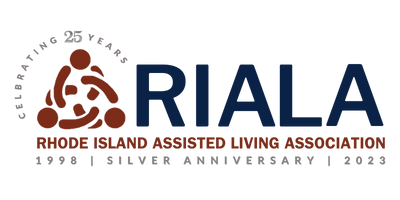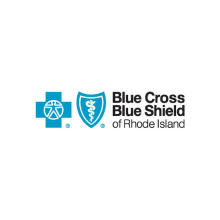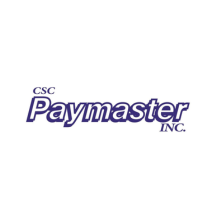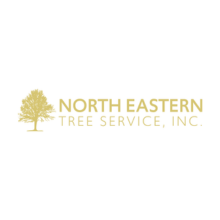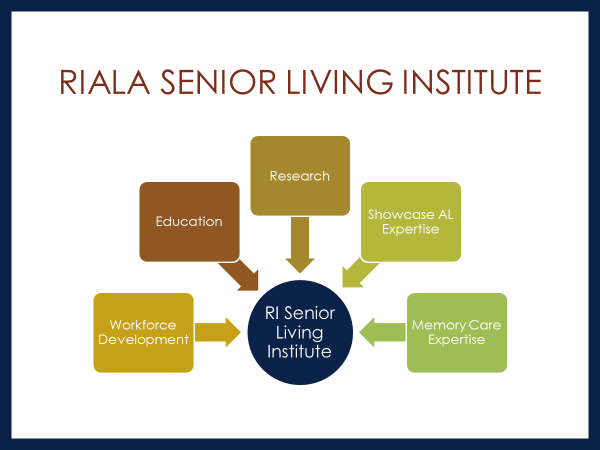 The RIALA Senior Living Institute is a 501c-3 private, non-profit educational institution that provides education, research and training to prepare communities, companies, families, and workers to understand aging and work with older people. Workforce Development: RIALA Senior Living Institute is dedicated to leading an industry effort to develop and promote educational projects, programs and partnerships to attract and maintain committed and skilled workers to a career in senior living. Education: As our population ages, there is an increased demand for people who have the skills to deal with illnesses that particularly effect older adults, such as dementia. As dementia becomes more prevalent it is critical that communities, families and workers better understand the specific needs of people with dementia. RIALA Senior Living Institute will develop training, internships and other experiential opportunities for students, new hires, mid-career professionals and executive management on issues that affect older experience. Research: RIALA Senior Living Institute will identify best care and operational practices in the industry today and provide tools to implement or replicate, in order to lift the expertise of the industry. It also follows new ideas and programs that can be applied to senior living. Since the industry is relatively, new there is little reliable data specific to the industry. We will determine and design the research projects necessary and source partnerships and funders. Target market: Older people, their families, healthcare providers and workers. People currently working in senior living, people interested in working in our industry and students. Population Statistics: According to the Census Bureau's "middle series" projections, the elderly population will more than double between now and the year 2050, to 80 million. By that year, as many as 1 in 5 Americans could be elderly. Most of this growth should occur between 2010 and 2030, when the "baby boom" generation enters their elderly years. During that period, the number of elderly will grow by an average of 2.8 percent annually. By comparison, annual growth will average 1.3 percent during the preceding 20 years and 0.7 percent during the following 20 years. The baby boomers are largely responsible for this increase in the older population, as they began turning 65 in 2011. By 2050, the surviving baby boomers will be over the age of 85. Influencers of Longevity: The concept of ‘old” has changed exponentially. In 1930 average life expectancy was 58 for men and 62 for women, compared to 76 for men and 81 for women in 2014. Current life expectancy is 78.7 years. Medical advances, people living longer with controlled chronic disease, brain health, drop in infant mortality, life style changes, and healthcare technology expansion all contribute to extending life expectancy. Funding, Income Stream and Sustainability: The RI Assisted Living Association has provided seed money for the startup of the RIALA Senior Living Institute. Argentum, the national association of the senior living industry has a grant program for research projects specific to senior living. The RI Assisted Living Association is the local state partner to Argentum and can will be approved as grantees on certain projects. We will be educating for profit senior living companies to apply for incumbent worker grant money through the RI DLT. Additional revenue will come from training registration fees, the sale of research project reports and other leadership training opportunities and consulting services. Partnerships: RIALA has a strong partnership with local colleges and universities, as well as, training systems. We have experience convening groups and addressing issues of concern to an aging population. We are a member of Senior Agenda and work closely with AARP. We are frequently called upon as thought leaders on aging issues. There are 63 licensed assisted living communities in the state, 53 of them are members of RIALA. Additionally, RIALA has 50 Industry Partners which are companies that provide goods and services to senior living communities. |
